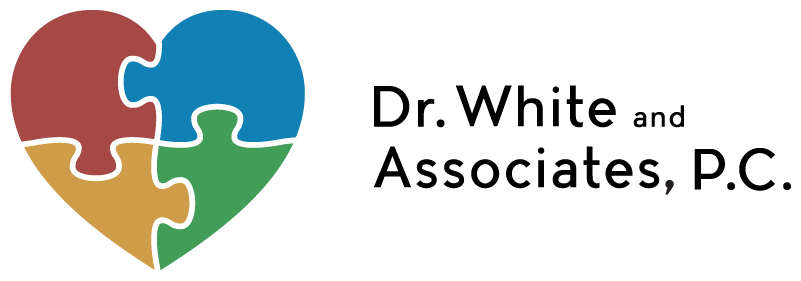I have heard it time and time again– “I want to delete my social media because of the anxiety it is causing me, but I feel that I will be missing out on current news and information. I feel that deleting it will make me less ‘in the know’ and connected, so I feel that I can’t.”
Social media has allowed us a way to connect. From people finding their long-lost friends and relatives on Facebook, to using Facetime and Zoom during a pandemic to allow for a continuum of connectedness amongst family, friends, and co-workers—it has given us the power to stay as connected with others as we allow.
So when do we know when it is causing us more harm than good?
I want you to imagine three plates stacked on top of one another. The smallest plate on top, a medium-sized plate in the middle, and the largest plate on the bottom. The smaller plate represents you and the people in your immediate circle: your family or those that you live with and maybe a few friends. The middle plate represents those that you see on a regular basis: co-workers, fellow students– people that you are coming into contact with, in person, on your day-to-day. Finally, you have the largest plate. This plate is solely your interactions with social media. The people, stories, and videos that you are seeing every single day that are also making an impact on you and your wellbeing.
Sometimes we do not notice the anxiousness that social media is impacting us with. The larger plate is allowing us to intake information about hundreds- sometimes thousands- of people every day. While some of these interactions are harmless such as maybe a video on how to cook a good chicken parm, many of them can give us anxiety: a mass shooting, a missing child, a war across the globe, etc. These impacts start to overflow onto our smaller plate– our day-to-day interactions.
We thrive on being connected. We want to be in the know. Is that a bad thing? It is when that large plate is affecting our small and medium plates and the people that it consists of. I’ve heard it over and over, maybe not as direct, but to simplify- “I feel like I cannot pour into the relationships around me, because I just feel so emotionally exhausted and burnt out from (you fill in the blank).”
How do you become able to fill your small plate again but still feel connected? Here are three simple suggestions:
- Remove your contact with the largest plate. Even if it’s just for 30 less minutes a day. Try not to check social media an hour after you wake up and an hour before you go to bed.
- Interact in environments that you enjoy: a coffee shop, a library, the park, etc. This allows for the connectedness that we long for while diminishing the overstimulation.
- Check in with yourself. Describe how you’re feeling and allow yourself to process troubling news. Social media allows us to view so many news stories all at once. Allow yourself the proper time to reflect on how you feel when faced with one before getting back on your phone or computer and experiencing another. Talk with someone you trust about these feelings.
Being connected is how humans thrive. If we all become emotionally exhausted, we are pouring into each other from empty cups (or plates if you will)— and if we do that, are we even staying connected at all?
If you are struggling with your social media usage and want help, please give us a call at (806) 780-0003 and request an appointment with Kathryn Moore.
By: Kathryn Moore

